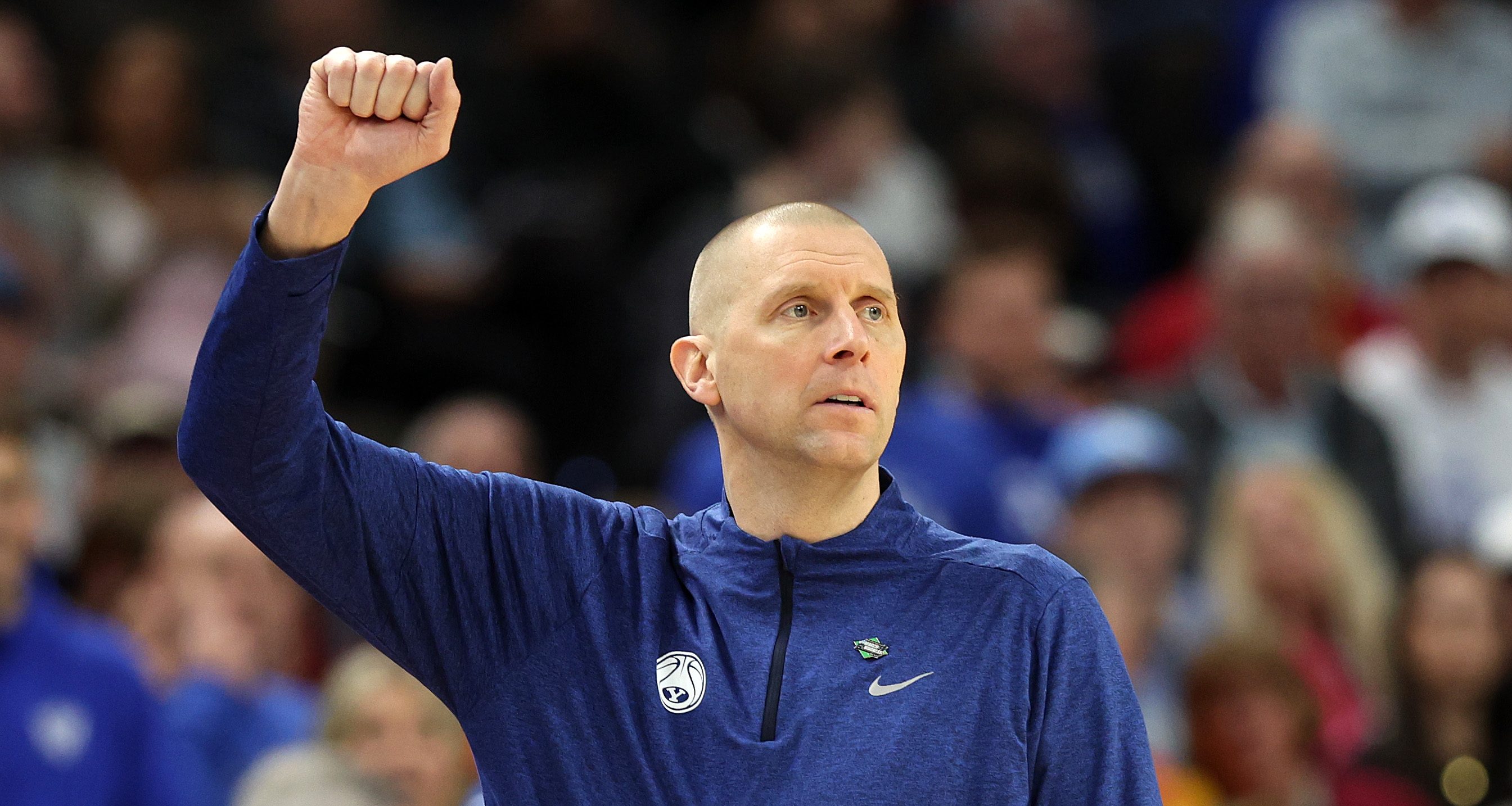The pursuit of justice always has operated at alternating speeds, occasionally sprinting but mostly crawling. It is during the lulls that those most dedicated to the cause dig in and seek accelerants.
Dr. John Carlos has been breathing fire since 1968, when he and fellow U.S. Olympian Tommie Smith stood on the medal stand in Mexico City and raised gloved fists to become the first American athletes to protest racial inequality on a global stage.
Carlos, 78, remains as committed as ever. Committed enough to come to the Bay Area this weekend and as a special guest of Cal women’s basketball coach Charmin Smith for the fourth annual “Race for Change.”
Stay in the game with the latest updates on your beloved Bay Area and California sports teams! Sign up here for our All Access Daily newsletter.
The event was conceived at UC-San Diego in the summer of 2020, a few months after George Floyd lost his life under the knee of a Minneapolis police officer. The 5K walk/run, led by Smith and the Cal women’s basketball team, is scheduled for 3 p.m. PT on Saturday at Lake Merritt in Oakland.
“I just fell in love with the theory,” Carlos told NBC Sports Bay Area. “Walk for humanity. Walk for justice. Based on the overall cause, with Mr. Floyd’s demise and other things that have happened throughout history, relative to athleticism and race and our environment.
“It’s only appropriate for me to be involved in something like this because it’s so far and few between. We need more people to step up to the plate, as well as we need more people to dig in their pockets and show their love by supporting a situation like this.”
The “Race for Change” raised about $20,000 for Cal’s Diversity, Equity, Inclusion, Belonging and Justice department, under the leadership of Dr. Ty-Ron Douglas, who extended the invitation to Carlos. The goal for this weekend is to raise $5,000.
NCAAB
Smith, a former student-athlete at Stanford, spent several years in the WNBA and playing in Sweden before moving into coaching in 2003. She is, however, as much an activist as a basketball coach.
Because, well, she is acute aware of the contrast between reality and the credo that all individuals are created equal.
“I knew that (Douglas) would need help and he would need support,” Smith said. “Often times, our DEI offices are one-person offices trying to do a job that is extremely important. I wanted us to provide resources for this department. We raised money for Dr. Ty’s office, and it’s been a huge success. And it’s helping him have us get the programming our athletic department needs.”
The social justice movement peaked in the summer of 2020, after the world watched in horror video of Floyd’s death. In the months that followed, there were hundreds, perhaps thousands, of protests across America and abroad. Many major corporations launched initiatives designed to address centuries-old racial and ethnic injustice.
Some corporations continue to do their part, while the DEI efforts of others have slowly recessed in priority if not completely diminished.
“We always have a rise when an incident like that happens,” Carlos said. “Everyone is excited and emotional and gets involved.
RELATED: More "Race In America: A Candid Conversation" stories
“As to whether they are genuine, it depends on how much depth they have. How much longevity they have. Many individuals want to jump out and throw their hats into the arena and say, ‘Yeah, I’m for the cause. I understand. And I am sympathetic to what has happened.’ But when it comes down to the point where things start to cool off, they seem to dissipate and disappear.”
Events like the “Race for Change” serve as reminders that the struggle to push America closer to the promise it made in 1776 continues 247 years later. And that a certain consistency of activism is required to keep the fires burning.
Donations in support of “Race for Change” can be made at crowdfund.berkeley.edu/project/38330


